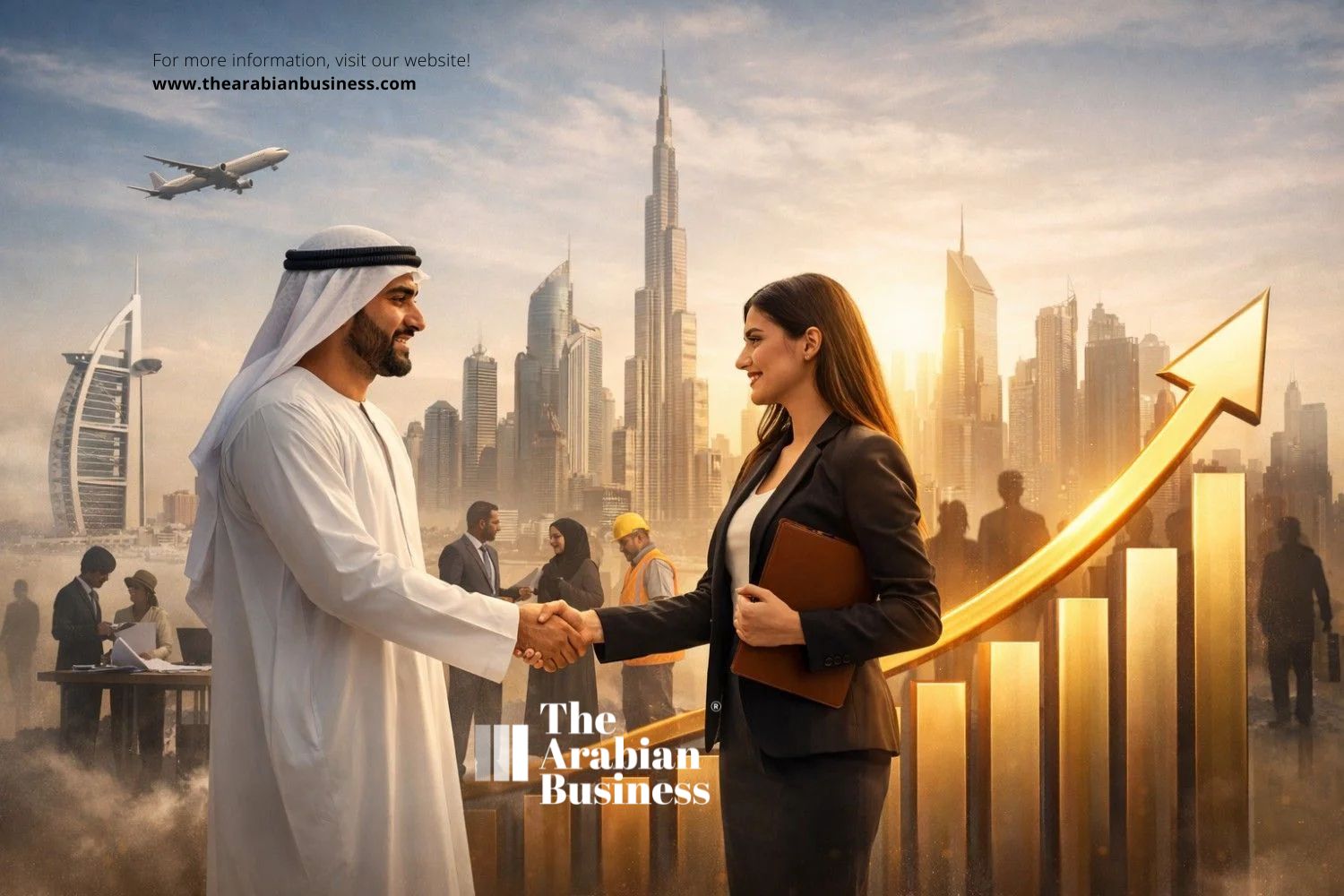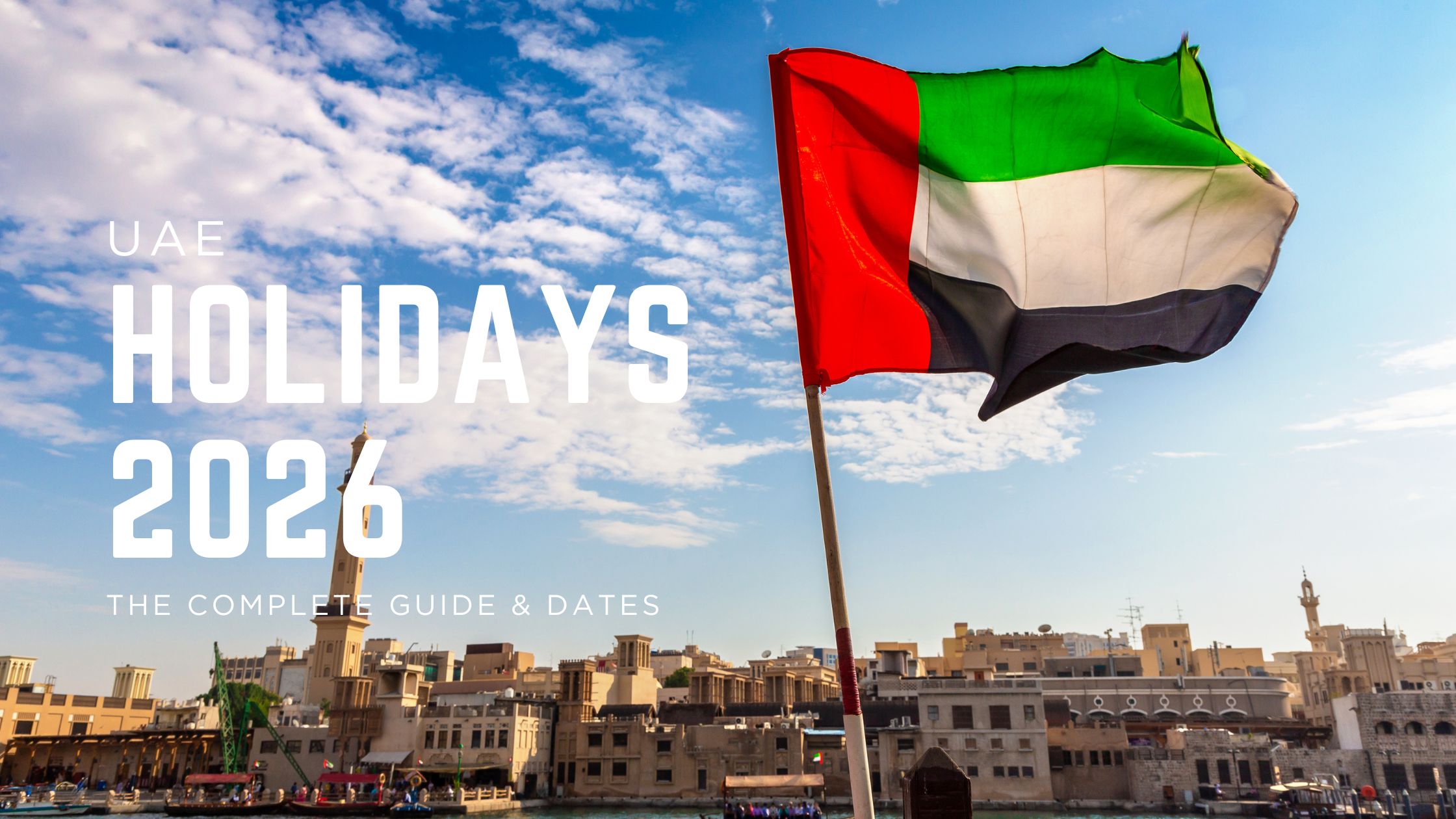Green Real Estate Gains Momentum in the Gulf as Investors Prioritize Sustainability

Riyadh, Saudi Arabia – The Gulf’s real estate sector is undergoing a green transformation, with developers, investors, and regulators increasingly focused on sustainable construction, energy-efficient buildings, and eco-conscious urban planning.
Once considered a niche concept, green real estate is now becoming a mainstream feature of major projects across the region — from smart communities in Dubai and Riyadh to carbon-neutral tourism hubs in Oman and Saudi Arabia’s NEOM.
“Sustainability is no longer just a marketing buzzword. It’s a value driver, a regulatory requirement, and an investment advantage,” said Lina Al Rashid, sustainability lead at a regional real estate consultancy.
Developers Go Green to Stay Competitive
Major real estate developers in the UAE, Saudi Arabia, and Qatar are adopting international green building standards, such as LEED, Estidama, and WELL, to meet both regulatory demands and buyer expectations.
Notable examples:
Emaar and Aldar have committed to net-zero emissions by 2050, with several new communities powered by solar energy.
NEOM’s “The Line” project is designed as a zero-carbon, car-free city, powered entirely by renewable energy.
Dubai South and Masdar City are being promoted as model eco-cities with waste recycling systems, shaded walkways, and efficient water management.
High Demand from Buyers and Tenants
According to a 2025 survey by Knight Frank, over 62% of property buyers in the GCC say they would pay a premium for sustainable features such as:
Solar panels or renewable energy integration
Smart water and cooling systems
Green spaces and walkable community designs
Certifications like LEED or BREEAM
“Buyers — especially millennials and Gen Z — are actively choosing green properties over traditional units. They see it as an investment in health, value, and the future,” said Saeed Al Khalifa, a property broker in Dubai.
Government Policies Drive the Shift
GCC governments are encouraging sustainability in real estate through updated regulations, incentives, and national visions.
UAE’s Net Zero 2050 strategy includes strict building codes for energy and water efficiency.
Saudi Arabia’s Vision 2030 promotes sustainable urban growth through giga-projects and new regulatory frameworks.
Qatar has made green standards mandatory for all public-sector projects since the FIFA World Cup 2022.
Additionally, green bonds and ESG-focused real estate funds are growing in popularity, offering investors new vehicles to back sustainable development.
Challenges: Costs, Awareness, and ROI
Despite the progress, industry leaders say more education and cost transparency are needed to scale green real estate further.
Initial construction costs for green-certified buildings can be 8–15% higher than conventional builds.
Many developers still lack access to sustainable materials and skilled labor.
Tenants and smaller investors often lack awareness of long-term savings and health benefits.
However, experts argue that lifecycle cost savings, higher tenant retention, and premium resale values make green projects more profitable in the long run.
“We see better rental yields and lower vacancy rates in certified green buildings — the ROI speaks for itself,” noted Imran Malik, real estate investment head at a Gulf-based REIT.
Future Outlook: Sustainability as Standard
With global pressure on ESG compliance and regional governments investing heavily in smart cities, the shift toward green real estate is expected to accelerate in the coming years.
Key forecasts:
By 2027, over 40% of new developments in the GCC will be green-certified.
Smart homes with integrated energy management systems will become the default in mid-to-high-end communities.
Retrofitting of older buildings will emerge as a major growth area, especially in urban centers like Jeddah, Manama, and Sharjah.
Conclusion: The Future Is Green
As the Middle East looks beyond oil and into a future defined by sustainability and innovation, its real estate sector is evolving in tandem. Developers who embrace the green transition early are expected to benefit from rising demand, stronger investment inflows, and greater regulatory support.
“This is more than a trend. It’s a real estate revolution — and the Gulf is not just catching up, it’s leading,” said Dr. Noura Al Naimi, urban sustainability expert in Doha.






